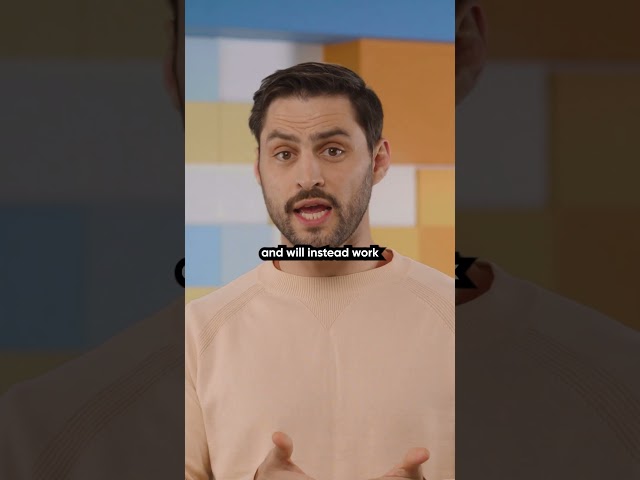The producer of the renowned movie ‘Blade Runner 2049’ has raised serious concerns, accusing Elon Musk and his company, Tesla, of bypassing copyright laws through the use of AI-generated imagery. This development highlights the ongoing debate about how artificial intelligence intersects with creative rights and legal protections.
In today’s rapidly advancing tech world, AI has become a powerful tool for many industries. However, it also brings along challenges, particularly in areas where creative works are involved. The allegation points to AI’s capability to create images that may closely resemble or replicate original, copyrighted works, raising questions about the boundaries of fair use and intellectual property.
The Role of AI in Modern Creativity
Artificial intelligence has made significant strides in imitating human-like creativity. It can generate art, music, and even write scripts, stirring conversations about the role of AI in creative sectors. For instance, companies like Tesla might harness AI to enhance design and promotional efforts, but this utilization can lead to unintentional overlaps with existing copyrighted materials.
The producer’s accusation against Elon Musk and Tesla is a call for a closer examination of how companies use AI-generated content and whether or not they infringe on protected works. This case encourages creators, businesses, and lawmakers to consider how AI fits into the landscape of copyright and intellectual property.
The Legal Landscape
The issue at hand is complex due to the current legal frameworks, which often lag behind technological advancements. Copyright laws are traditionally designed for human-created works. With AI in the picture, these laws need modernization to address nuances related to the ownership of AI-generated content.
Stakeholders are now urging for updates in legal standards to accommodate the growing presence of AI. This includes defining what constitutes infringement when it comes to AI-created works and considering who holds the responsibility: the developer of the AI, the user, or the machine itself.
Potential Implications
The outcome of this accusation could set a precedent for how copyright issues with AI are handled globally. If the courts side with the ‘Blade Runner 2049’ producer, this might lead to stricter regulations governing the use of AI in content creation and possibly reformation in copyright policies worldwide.
On the other hand, if Tesla and Musk are found not to have breached copyright, it may signal to companies a permissible flexibility in leveraging AI technology. Either outcome will inevitably influence how businesses navigate the creative potential of artificial intelligence.
Looking Forward
As technology continues to evolve, it is crucial for legal systems to adapt accordingly. While AI offers immense opportunities for innovation, protecting the rights of creators must remain a priority. This ongoing dialogue illustrates the need for forward-thinking approaches that consider both technological advancements and the safeguarding of artistic integrity.
For now, all eyes are on how the legal system will address this case, which is poised to become a landmark moment in the intersection of AI, creativity, and law.










